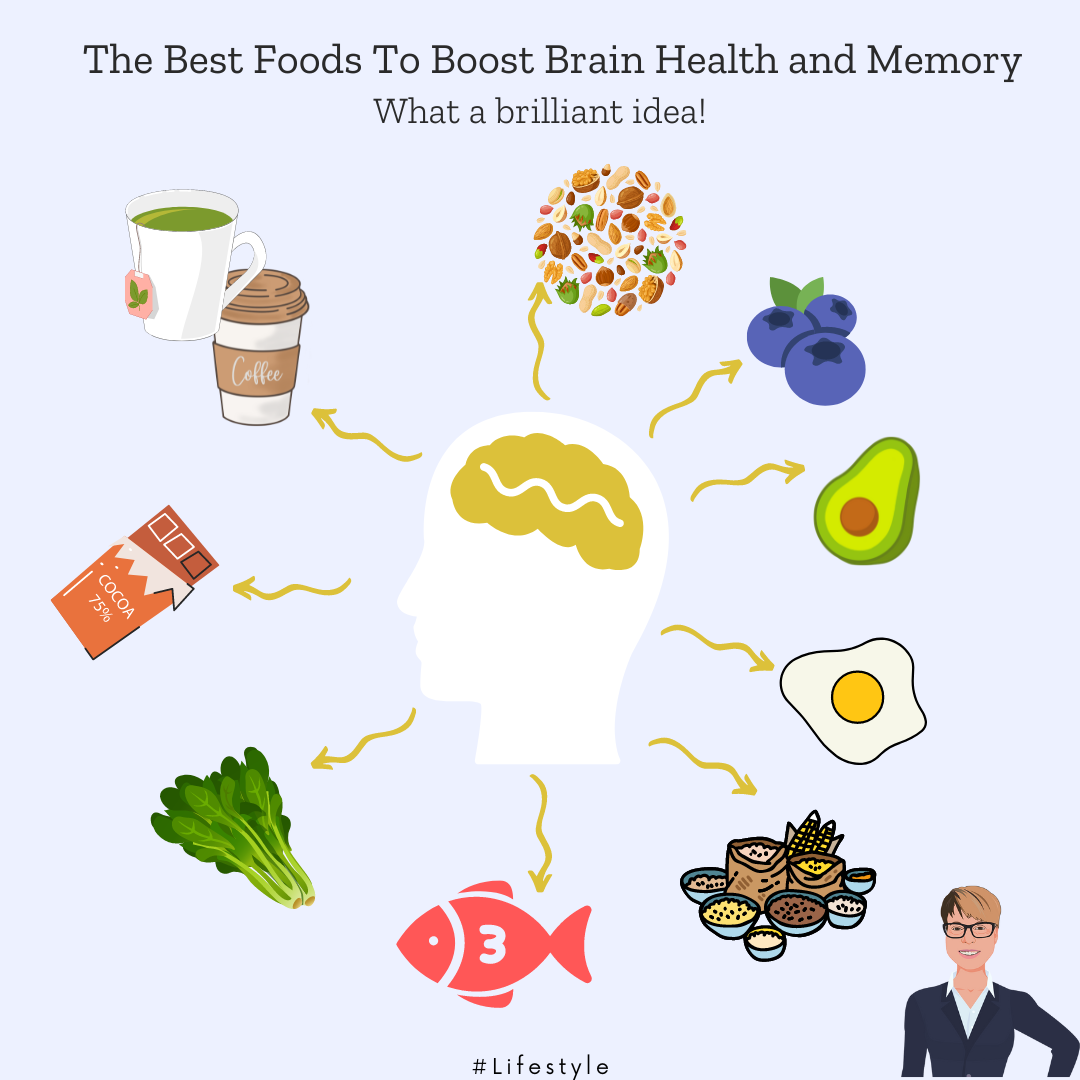Have you been feeling a little mentally foggy lately? Unable to focus or concentrate?
If so, you don’t want to miss blog! We’ll dive into mental clarity - what it means and simple methods you can implement today to get it back.
But first, what is “mental clarity?” In brief, when you are mentally clear, your mind is not foggy or clouded by worry, overwhelm, what-ifs, or indecision. Instead, you are able to think clearly, make better decisions, be more productive, and remain focused to attain optimal performance.
However, if you do not have mental clarity, it can truly get in the way of things that need to be done. This is far from ideal, but that’s how it is.
Whether you are a high-powered executive, a student, a machinist, a homemaker, or you’re simply trying to invest your time in your hobbies, if you lack mental clarity, you will have a hard time focusing.
So, what can you do if you lack mental clarity? Read this week’s blog to discover some simple daily changes that you can help give yourself mental clarity.
Read More

















